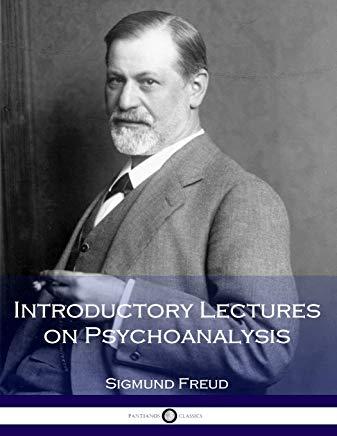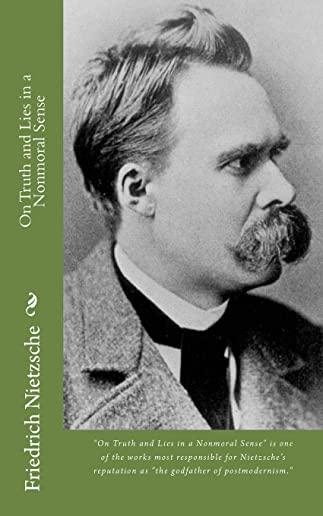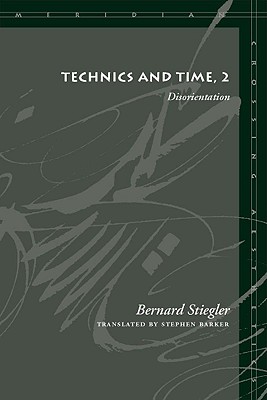
description
0Freud's excellent lectures introducing the key pillars of psychoanalytic practice and theory are presented here complete.
First given between 1915 and 1917, the lectures within this edition explain in detail the theories pioneered by Freud. Delivered in the later part of his career, these lectures can be considered a retrospective summary of the ideas which revolutionised psychology in the early 20th century. It is here that the fully-formed ideas are expressed clearly, with the added benefit of the experiences Freud had in employing his methods to treat sufferers of mental illness or neuroses.
Various aspects of Freudian theory are laid bare in Freud's own words, with the lectures organised into three distinct parts:
Part One, entitled 'The Psychology of Errors', attempts to explain the nature of the psychological treatment given to the patient. Consisting of four lectures, it is Freud's own attempt to demystify and clarify the aims behind the treatment of the sufferer in the throes of mental ill health. He also advances the notion that the everyday, non-psychologist can benefit from the knowledge, in that it may provide a measure of introspective enlightenment.
Part Two, 'The Dream', embarks on a thorough explanation of the dream theory which formed a central pillar of Freudian treatment of patients. The various types of dream, the time of their occurrence, and how memorable and poignant they appear to the patient, are identified as factors in treatment. Dreams are interpreted as signifying the desires and fears of the patient, with significant dream events seen as containing intense symbolism.
Part Three, 'General Theory of the Neuroses', concerns the means by which individual mental problems are identified and treated. Many of the Freudian theories on sexual desire are alluded to here, being as Freud attributed much mental distress to an inadequate or poorly developed libido. Aspects such as unconscious or subconscious mind, and the methods of psychoanalytic therapy are likewise explained in-depth.
The translation of the lectures to English was accomplished by Freud's contemporary G. Stanley Hall. Since first appearing in 1920, this rendition of the lectures has been praised for accurately relaying the concepts, theory and practices behind Freudian psychoanalysis. This edition also contains an introductory preface by Hall, who explains the intellectual context and rival theories present in the-then fledgling scientific discipline of psychology.
First given between 1915 and 1917, the lectures within this edition explain in detail the theories pioneered by Freud. Delivered in the later part of his career, these lectures can be considered a retrospective summary of the ideas which revolutionised psychology in the early 20th century. It is here that the fully-formed ideas are expressed clearly, with the added benefit of the experiences Freud had in employing his methods to treat sufferers of mental illness or neuroses.
Various aspects of Freudian theory are laid bare in Freud's own words, with the lectures organised into three distinct parts:
Part One, entitled 'The Psychology of Errors', attempts to explain the nature of the psychological treatment given to the patient. Consisting of four lectures, it is Freud's own attempt to demystify and clarify the aims behind the treatment of the sufferer in the throes of mental ill health. He also advances the notion that the everyday, non-psychologist can benefit from the knowledge, in that it may provide a measure of introspective enlightenment.
Part Two, 'The Dream', embarks on a thorough explanation of the dream theory which formed a central pillar of Freudian treatment of patients. The various types of dream, the time of their occurrence, and how memorable and poignant they appear to the patient, are identified as factors in treatment. Dreams are interpreted as signifying the desires and fears of the patient, with significant dream events seen as containing intense symbolism.
Part Three, 'General Theory of the Neuroses', concerns the means by which individual mental problems are identified and treated. Many of the Freudian theories on sexual desire are alluded to here, being as Freud attributed much mental distress to an inadequate or poorly developed libido. Aspects such as unconscious or subconscious mind, and the methods of psychoanalytic therapy are likewise explained in-depth.
The translation of the lectures to English was accomplished by Freud's contemporary G. Stanley Hall. Since first appearing in 1920, this rendition of the lectures has been praised for accurately relaying the concepts, theory and practices behind Freudian psychoanalysis. This edition also contains an introductory preface by Hall, who explains the intellectual context and rival theories present in the-then fledgling scientific discipline of psychology.
member goods
No member items were found under this heading.
Return Policy
All sales are final
Shipping
No special shipping considerations available.
Shipping fees determined at checkout.







